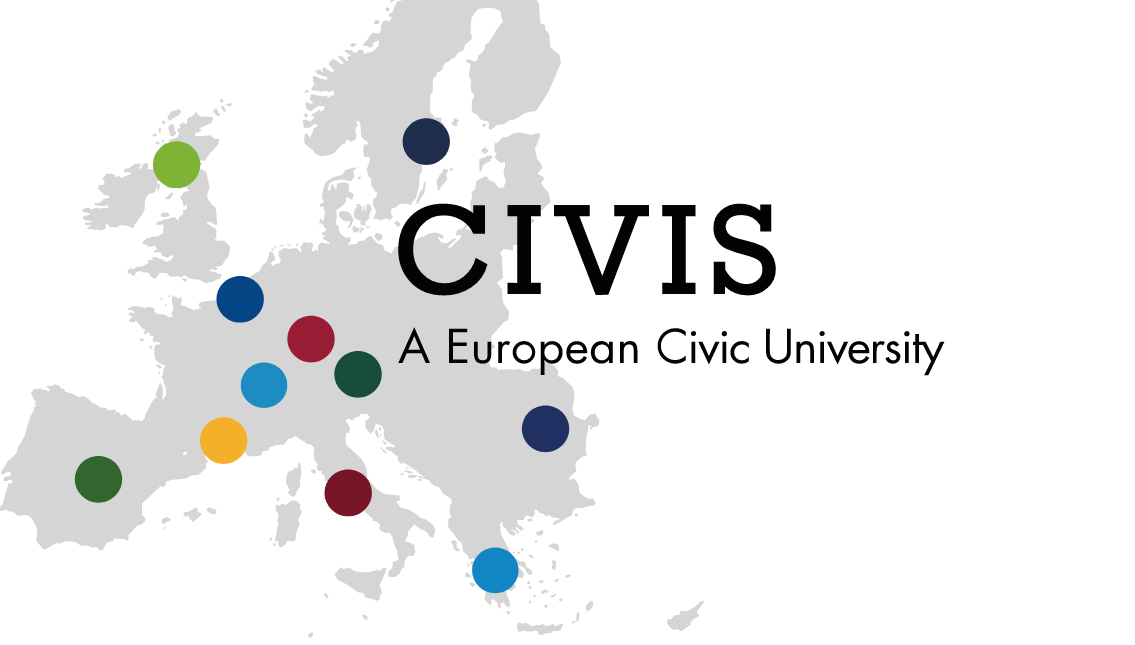
CIVIS conference – Making visible the invisibles
CIVIS Hub "Cities, spaces and mobilities" organises the conference Making visible the invisibles in Cities and Territories, hosted at the Université libre de Bruxelles, on 27-29 September 2023. This conference will gather academics, students, and practitioners from CIVIS partners, their territories and the international academic community.
This conference aims to bring together contributions from researchers who have sought, in different ways and in different thematic areas (nature and environment, politics and governance, society and public services, technologies and change, architecture and urban planning etc.), to make the invisible visible, to make the implicit explicit. The format is deliberately interdisciplinary, aimed at encouraging the sharing of concepts and theories,empirical examples and case studies rooted in various urban contexts, territories, institutional contexts. Possibles strategies and actions might be based on different methodological approaches. Therefore, the conference is open to researchers from the social sciences (e.g. politics, sociology), humanities (e.g. human geography, history) and the natural sciences, built environment and technology fields (e.g. architecture, planning, civil engineering), as long as their subject of study has a connection with urban spaces.
What does it mean to be invisible in the city? Who and what might we think of as being invisible? And how can we tackle the forces/structures at play in the distribution of (in)visibility in cities and the injustices and inequalities bound-up with them? This international conference looks at how certain groups, issues and species are marginalised in urban life and larger territories, and considers the role researchers can play in creating and tackling these invisibilities. Urban spaces are characterized not only by their great divides and contests but also by the dominance of certain groups, and functional areas (or ideas) over others. Often, this dominance takes obvious forms in terms of highly visible unequal divisions of wealth, opportunity and power. But frequently such dominance/division can take less visible forms.
In the same way, certain phenomena are not very visible, either because they are difficult to apprehend by our senses, because they seek more or less deliberately to hide themselves, because their frequency or schedule of appearance is atypical or irregular, or simply because nobody pays attention to them. Things can be seen without being looked at, voices heard without being listened to. The academic world is obviously not immune to these invisibilisation logics in the urban environment and in regional areas. Research funding and timeframes, data collection, disciplinary fragmentation, and epistemological choices are all elements that tend to focus the attention of researchers and therefore to make certain urban inhabitants or certain phenomena which take place in the space invisibly. Working in this direction also means considering urban and landscape regeneration actions as a response to the rights of citizens and residents, specifically the weakest and most vulnerable groups, as well as the growing need for social cohesion and an acceptable quality of life.
The conference is structured around the following research questions, to which contributors frome the CIVIS community are invited to link their interventions:
- What are the blindspots in current urban and territorial research and how can they be identified? What (and where) are the unheard voices, the unresearched phenomena and challenges?
- What are the implications of these invisibilities?
- Which empirical methodologies or conceptual approaches can be used to explore hidden or discrete phenomena in urban and territorial areas?
- What is the potential of participatory research to build bridges between research and activism and explore under-investigated fields and unheard voices?
- How can the results of research on the invisible (communication and ethical issues) be best visualised, mapped, and disseminated?
The provisional program can be found here
Last minute (free) registrations by e-mail: makingvisibletheinvisible@gmail.com

